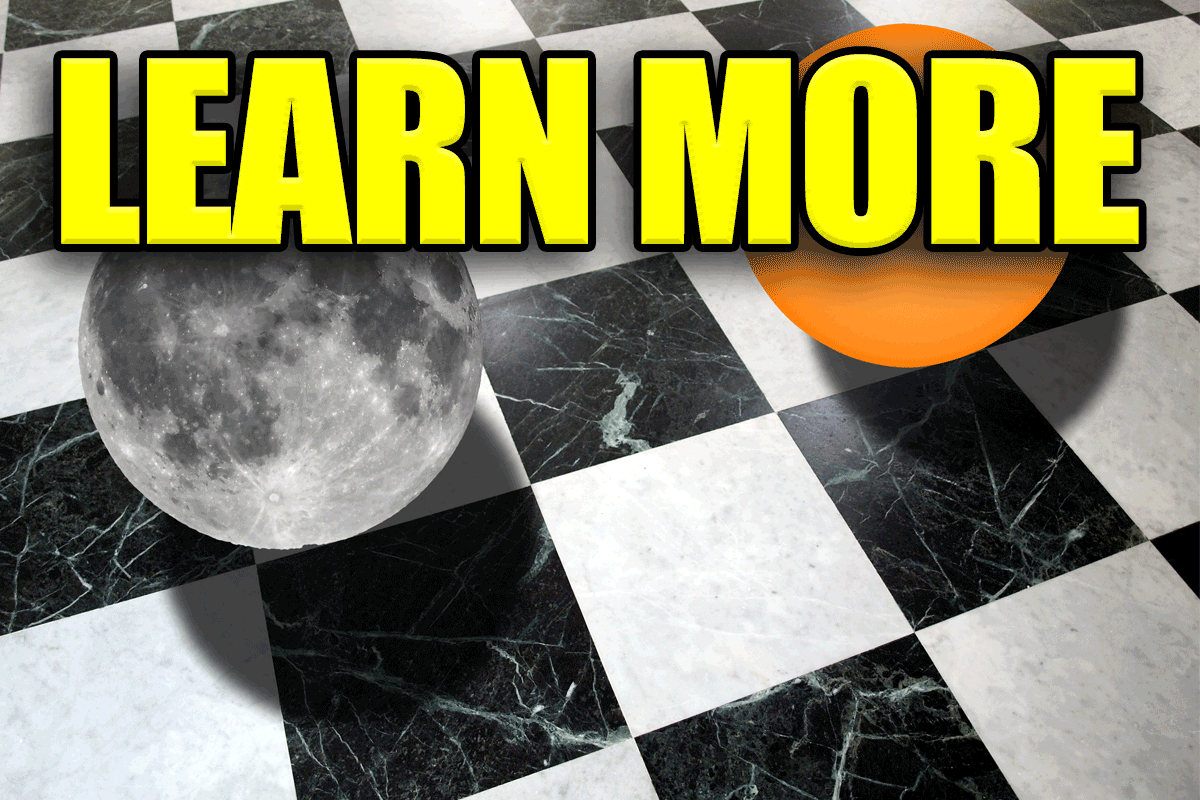Thoughts And Ideas
The structure of language is related to the structure of thought.
How, specifically, this works is anybody’s guess.
What language is, specifically, isn’t really known.
Sure, we have language.
Language does have a structure.
Verbs, nouns, adjectives, etc.
All the worlds languages have these same parts.
And they all have something called “recursiveness.”
Each sentence can have infinitely nested deeper sentences.
For example, suppose you and you’re buddy are hanging.
You decide getting some frozen burritos would be perfect.
So you play a few rounds of rock-scissor-paper to see who’ll head on down to the 7-11 to pick up a few.
You win, so your buddy goes.
But he’s not sure now to get there.
Infinite Nested Ideas
So the conversation goes something like this:
How do I get to 7-11?
Go down the street and turn left at the corner, you’ll see it.
The street?
Yes, go down the street that is outside of this house, turn left at the corner, and you’ll see it.
The corner?
Yes, go down the street that is outside of this house, turn left at the corner where you fell off your skateboard last week, and you’ll see it.
My skateboard?
Yes, go down the street that is outside of this house, turn left at the corner where you fell off your skateboard that has the sticker of the Dead Kennedy’s on it, and you’ll see it.
You could do this forever.
This is pretty easy to understand.
To look at the structure of language and use descriptive science to come up with some rules.
What Is A Thought?
What is NOT understood is precisely HOW, thoughts are formed that drive the creation of spoken language.
What causes the thoughts to be formed in the first place?
What is the specific mechanism that leads to one thought and not another thought?
And how do all these thoughts get into our head in the first place?
A very, very interesting “party trick,” which is about the opposite of a party trick that you’ll get, is to ask people WHY they think what they think.
The truth is nobody really knows.
We have ideas that we like.
We have ideas that we don’t like.
The ones we like, we like because they make us feel good.
The ones we don’t like, we don’t like because they don’t make us feel good.
So whenever somebody says something that YOU don’t like, ask them why they think that.
Ideas Taste Good
This is kind of like food.
We like some food, we don’t like other food.
But WHY, specifically, we LIKE the food we do?
We have no idea.
Most of our ideas are the same.
We like some ideas, but not others.
So if some loud mouth is blathering on about some ideas, and you feel like shutting them down, calmly ask them WHY they think what they think.
Just be careful, because this technique is VERY destructive.
To THEIR brain.
Learn More:
Conversational Intelligence
Learn Hypnosis

Mind Persuasion has plenty of books and courses to teach you how to speak hypnotically and persuasively.
$9 Training
Mind Persuasion Books
Mind Persuasion Courses
$5 Subliminal Programs
$9 Hypnosis Programs